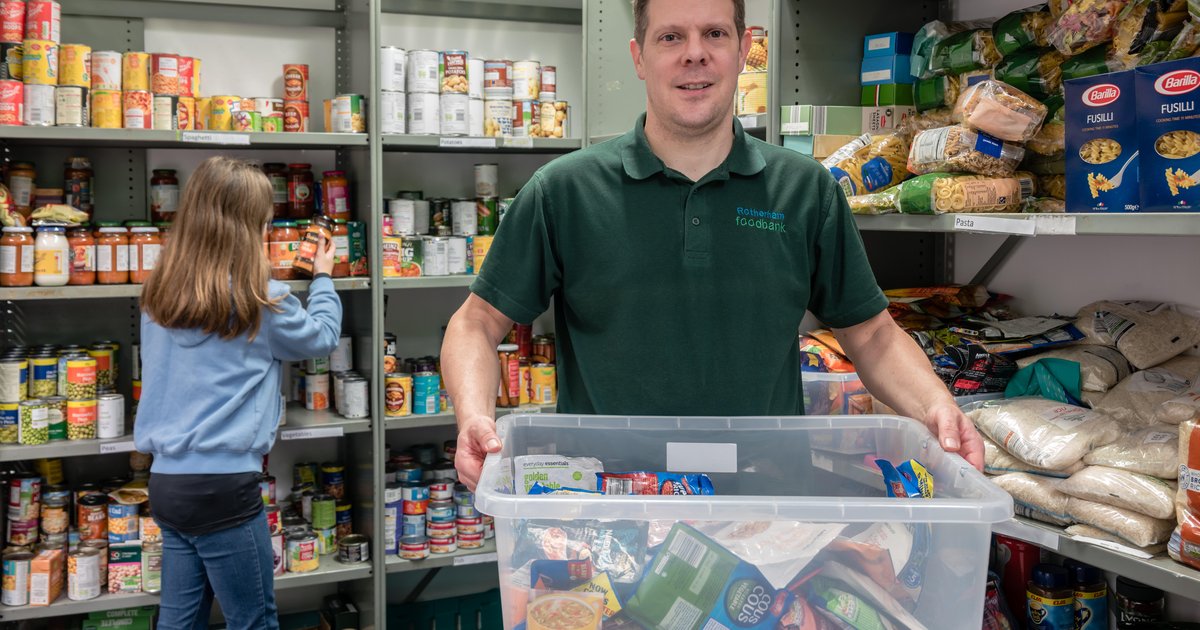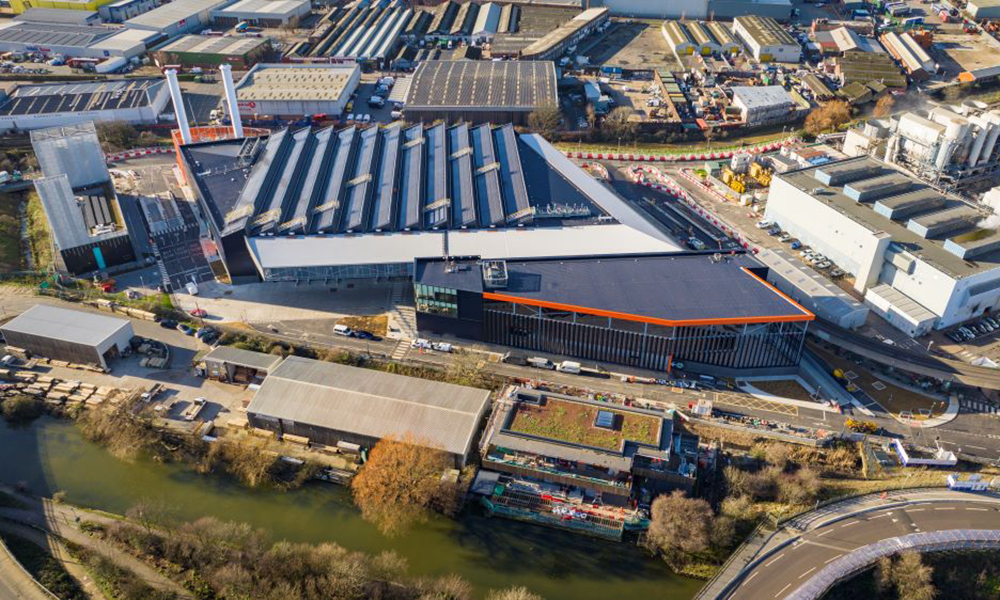
Hounslow LIFE isn’t the only division of Hestia where staff have concerns. One staffer at a south London women’s and children’s refuge told openDemocracy: “How can [women’s charities] Solace and Refuge pay to keep up with the inflation cost, but Hestia, who has a similar contract with local authorities, cannot?” She showed openDemocracy screenshots of vacancies where Solace and Refuge were advertising for refuge workers starting on £28,000 a year or more, and one where Hestia was advertising for a similar job on less than £25,000 a year.
The same employee said that on top of too few staff and inadequate pay, which has led to her deteriorating mental health, the refuge building itself is falling apart. “There is a rat infestation,” she said. “There are continuous maintenance issues – electrical problems and no heating. We feel like part of a maintenance team and don’t have time to do key working.”
Hestia said it would keep working with Unison, which it officially recognises as the workplace union, “to create the best working environment possible for Hestia employees”. The Unite members we spoke to at the charity said Unison was too “cosy” with Hestia and did not represent their interests.
Shelter on strike
Action at Hounslow LIFE mirrors a similar dispute at the housing and homelessness charity Shelter, where more than 600 workers on Monday began an unprecedented fortnight of strikes in a dispute over pay.
Unite said a 3% pay increase this year, a real terms pay cut of 11% with the true inflation rate, led to many Shelter staff being unable to pay their own rent, “leaving them haunted by being made homeless”.
One Shelter staff member said: “At the very base level, absolute bare minimum, those working for a housing charity shouldn’t be experiencing housing insecurity as a result of being unable to pay rent.”
Unite claims the charity’s management is “refusing to negotiate with Unite over a cost of living pay increase and the provision of adequate travel expenses” and instead sought to impose real-terms pay cuts for the next 16 months.
Shelter has said it gave all staff a 3% pay increase this year, and a one-off payment of £1,500. Unite responded by claiming these pay deals would “leave pay rates at unacceptably low levels and fail to take into account rampant inflation”.
Tim Gutteridge, the charity’s director of finance and strategy, admitted the cost-of-living crisis was “impacting both our colleagues and operational costs”, adding: “Industrial action is not the outcome we wanted after months of talks with the union, but we fully respect people’s right to strike.
“Our ambition remains trying to support colleagues through this difficult period, while being able to deliver our frontline services and campaign work. This year we gave all staff a pay rise – which for non-management staff means an increase of between 8% and 12.3% – consisting of a 3% consolidated increase and a one-off payment of £1,500.
“As a Real Living Wage employer, Shelter is also implementing the Real Living Wage Foundation’s increase of 10.1% from December 2022, much earlier than required, benefiting the colleagues who receive this at the earliest opportunity.”
Paul Kershaw, who chairs Unite’s Housing Workers Branch, told openDemocracy charities could be “some of the worst employers”, even though they pride themselves on working sensitively with vulnerable clienteles.
“I think board members have a misunderstanding of the problems faced by staff,” Kershaw said. “They are a long way removed from what it is to be a front-line worker. They don’t get that these workers, in the current cost of living crisis, are really struggling.”
This winter could see several other small frontline organisations taking similar industrial action against their employers in an effort to be recognised for the vital job they do for society’s most vulnerable people groups. UVW (United Voices of the World) members at Sage Nursing home in north London are due to vote for strike action imminently, with dates to be set in the new year, while workers at Birmingham’s Asylum Support and Immigration Resource Team (ASIRT) are preparing to down tools in the week before Christmas over the charity’s purported failure to formally recognise UVW as the staff union.
In total, new analysis has shown that nearly 1.7 million workers, mostly from the public sector, are being balloted on, or have voted for, stoppages this winter, the most significant wave of industrial action since the early 1980s.
https://news.google.com/__i/rss/rd/articles/CBMiX2h0dHBzOi8vd3d3Lm9wZW5kZW1vY3JhY3kubmV0L2VuL2NoYXJpdHktd29ya2Vycy1oZXN0aWEtaG91bnNsb3ctc2hlbHRlci1zdHJpa2UtY29zdC1vZi1saXZpbmcv0gEA?oc=5





